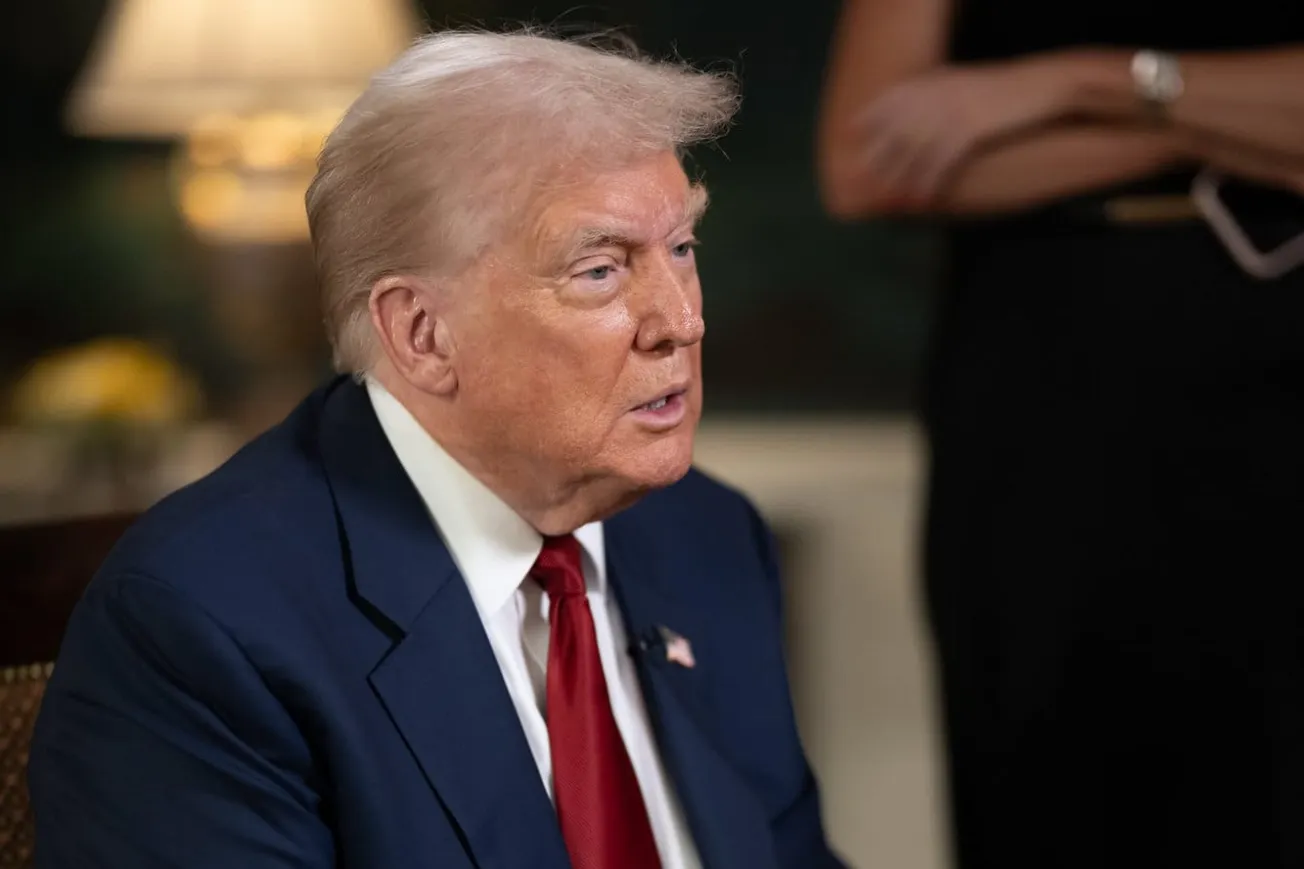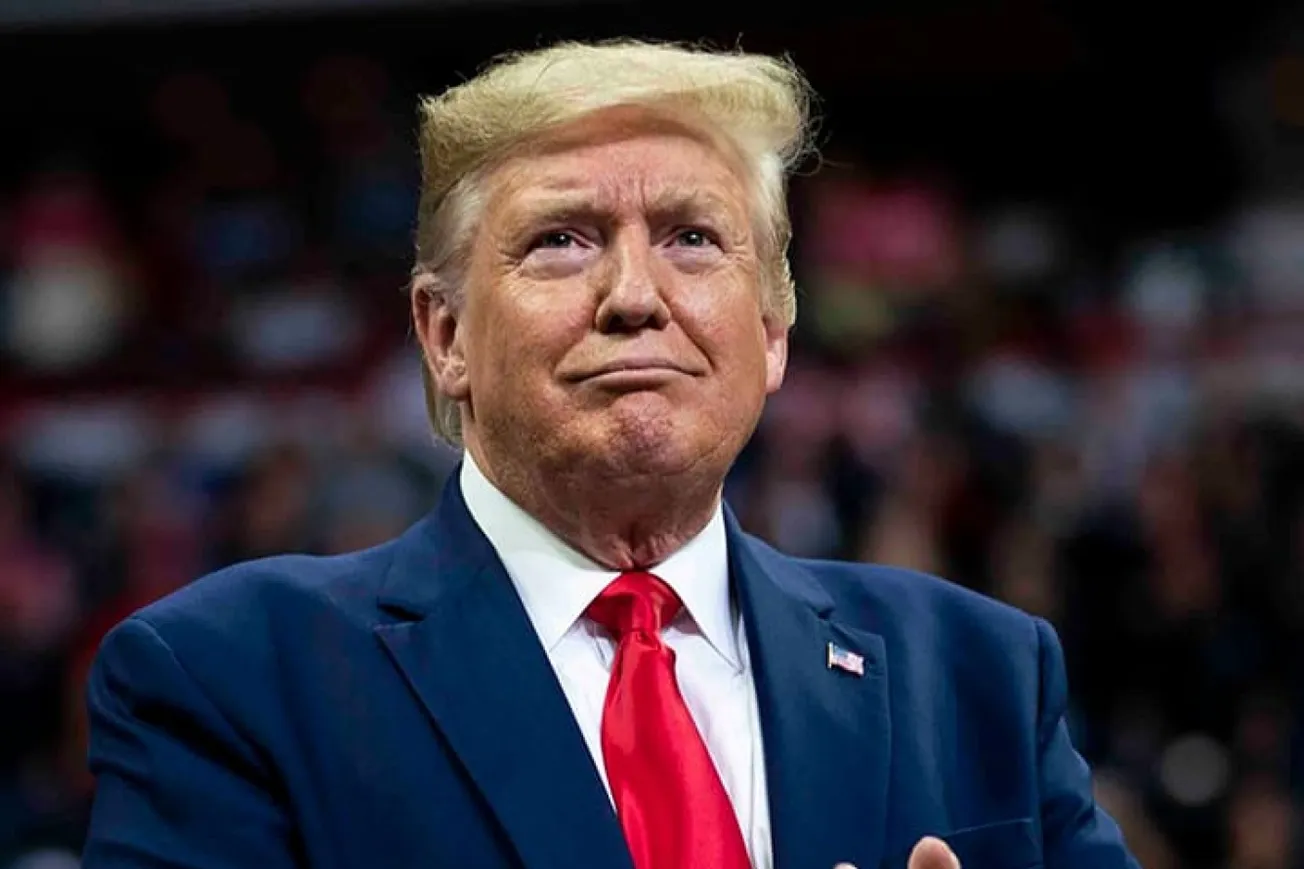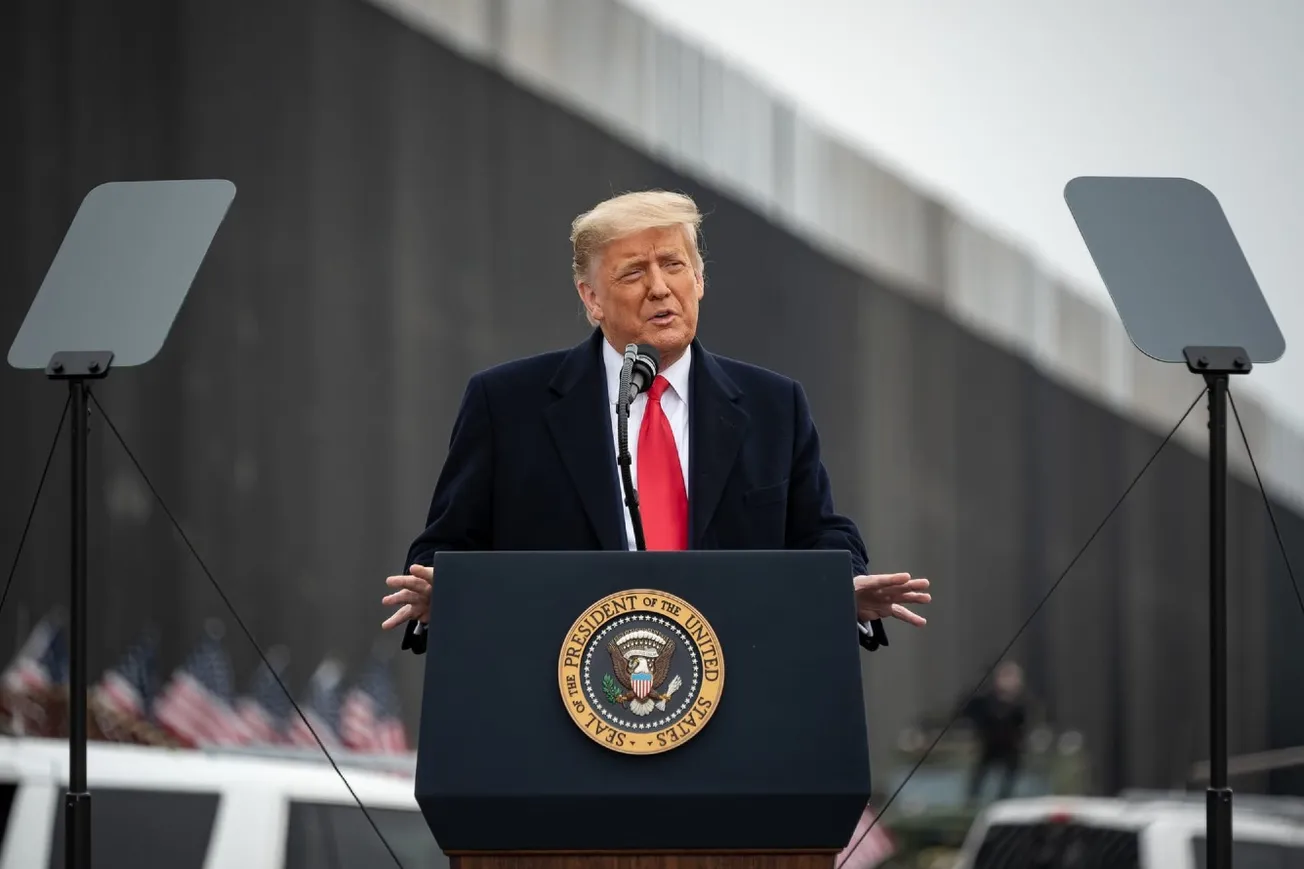By Hans von Spakovsky, The Daily Signal | February 19, 2025
The first case involving judicial interference in the president’s executive authority has reached the Supreme Court in an emergency appeal filed over President Donald Trump’s firing of Hampton Dellinger, the Biden-appointed head of the Office of Special Counsel.
In what acting Solicitor General Sarah Harris rightly calls an “unprecedented assault on the separation of powers” by federal judges, Harris is asking the court to throw out a temporary restraining order issued by a federal judge, Amy Berman Jackson (an Obama appointee). Jackson apparently believes that she has more power than the president. She not only reinstated Dellinger, but told the president he could not appoint a replacement.
This “unprecedented assault” in Dellinger v. Bessent was upheld in a split, three-judge panel decision of the U.S. Court of Appeals for the D.C. Circuit. Judge Gregory Katsas wrote a very critical dissent in which he points out that “an injunction preventing the President from firing an agency head—and thus controlling how he performs his official duties—is virtually unheard of.”
As I explained in a Feb. 15 article, Harris recently informed Congress that the Justice Department would no longer defend the constitutionality of federal laws that purport to limit the ability of the president to remove the heads of so-called independent agencies. Harris argues that because Article II of the Constitution makes the president the head of the executive branch, he has the unrestricted power to remove all executive officers, including the heads of independent agencies.
Such a restrictive law applies to the Office of Special Counsel, which self-identifies itself as the “investigative and prosecutorial agency” authorized to go after federal employees accused of wrongdoing, such as engaging in political activity in violation of the Hatch Act. The law states that the president can only remove the special counsel for “inefficiency, neglect of duty, or malfeasance in office” under 5 U.S.C. § 1211.
Dellinger was nominated by then-President Joe Biden, confirmed by the Senate, and sworn in as the special counsel on March 6, 2024, for a five-year term. On Feb. 7, Trump terminated Dellinger’s appointment. Dellinger filed suit three days later claiming his firing was unlawful.
Jackson issued an administrative stay the very same day the lawsuit was filed before the government could even respond. Only two days later, she issued a temporary restraining order restoring Dellinger as special counsel, barring any effort to impede his “access to the resources or materials of that office,” and telling the president of the United States that he cannot replace Dellinger.
The order is so extensive that Trump cannot even fire Dellinger for any of the reasons provided in the applicable statute: “inefficiency, neglect of duty or malfeasance.”
In other words, the president has to get permission from this arrogant federal judge before he can even fire the special counsel for cause. As the Justice Department says in its emergency appeal, the “First Congress rejected the idea that the President would need to obtain the Senate’s advice and consent to remove a principal executive officer. No one imagined that the President might need to obtain the advice and consent of a federal district court.”
A temporary restraining order is normally not appealable, which led two of the appellate court judges to deny the government’s emergency appeal, concluding that the situation did not warrant such an “extraordinary remedy.” But as Katsas says in his powerful dissent, the district court’s opinion is such an attack on the “special status of the president,” on the “immunity” of the president to injunctive relief, and on the president’s “core Article II powers,” that it warrants “immediate appellate review.”
Due to the failure of the appeals court to stop this unjustified attack on the president’s authority to remove political appointees—from a prior administration no less—the Justice Department filed an emergency appeal on Sunday with the Supreme Court. It asks the court to vacate the order issued by the district court and to issue an administrative stay preventing further actions by the court.
Harris presents numerous reasons in her brief for the Supreme Court to act, the most basic of which is that, as discussed in my Feb. 15 article, the lower court is violating Supreme Court precedent on the president’s “unrestricted power of removal” of executive officers of agencies exercising executive responsibilities.
This is certainly true of an agency like the Office of Special Counsel, which has a single head and where there is no question that the agency is exercising executive branch powers—the power to discipline and otherwise punish malfeasance of federal employees. It is hard to conceive of any agency more intimately tied to the work of the executive branch, a Mini-Mi of the executive branch.
Moreover, says Harris, as far as the Justice Department is “aware, no court in American history has wielded an injunction to force the President to retain an agency head whom the President believes should not be entrusted with executive power and to prevent the President from relying on his preferred replacement.”
That bears repeating because it illustrates the outrageousness of what is happening here. Never in American history has a judge expressed the belief that she has the power to dictate to the president—elected by over 77 million Americans—who gets to serve in senior positions with the authority to carry out (or the ability to frustrate) the president’s policy objectives.
The Supreme Court needs to take this case because, says Harris, the court “should not allow lower courts to seize executive power.” These rulings “irreparably harm the Presidency by curtailing the President’s ability to manage the Executive Branch.” If the court fails to act, it “risks further emboldening district courts to issue [temporary restraining orders] enjoining the President from undertaking myriad other actions implicating executive powers.”
As this and other cases show, the last thing we need are federal judges being emboldened to enter injudicious and unconstitutional orders that undermine our carefully balanced governmental structure and threaten our democratic process.
Hans von Spakovsky is the manager of the Election Law Reform Initiative and a senior legal fellow in the Edwin Meese III Center for Legal and Judicial Studies at The Heritage Foundation.
Original article link







